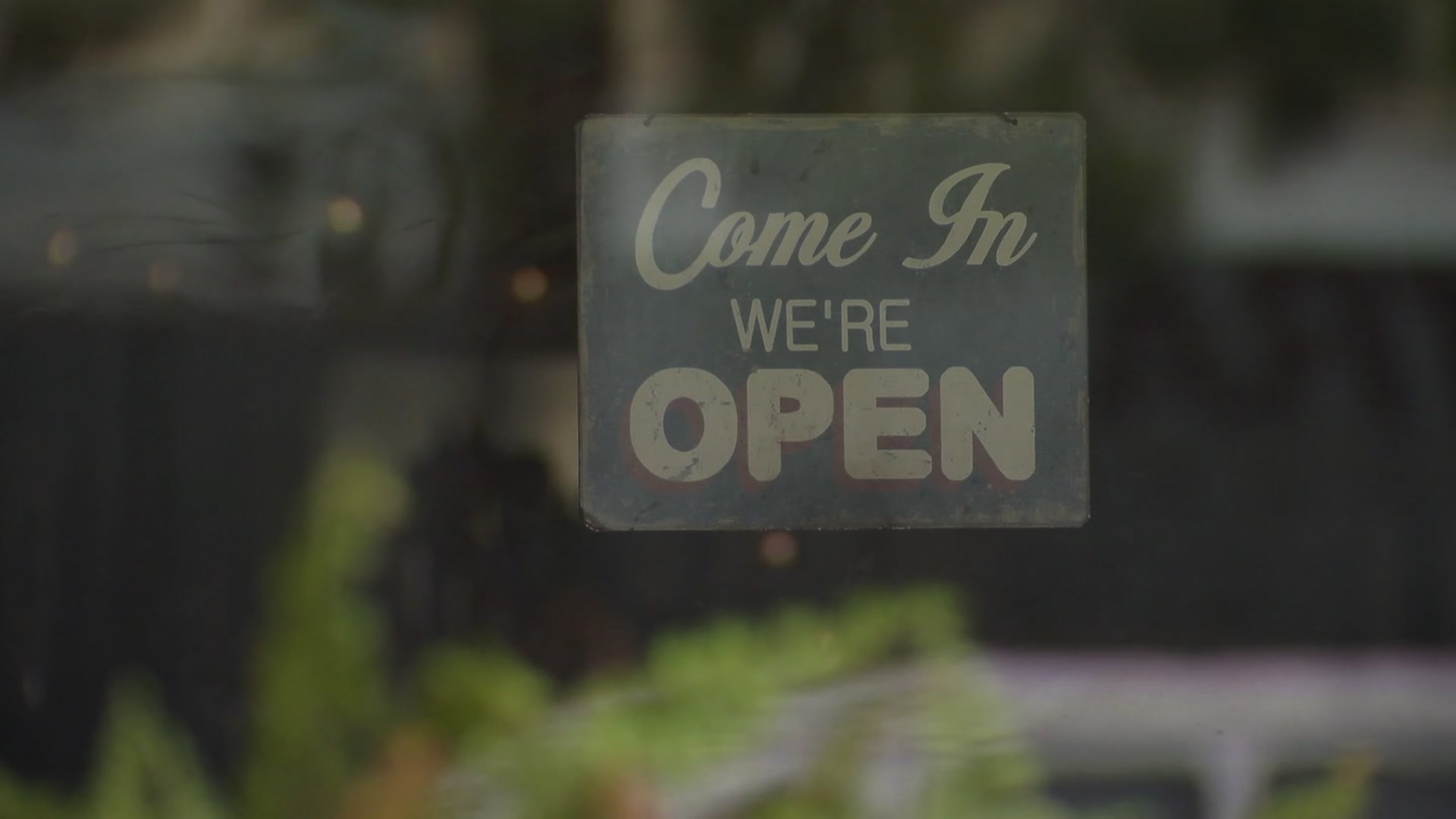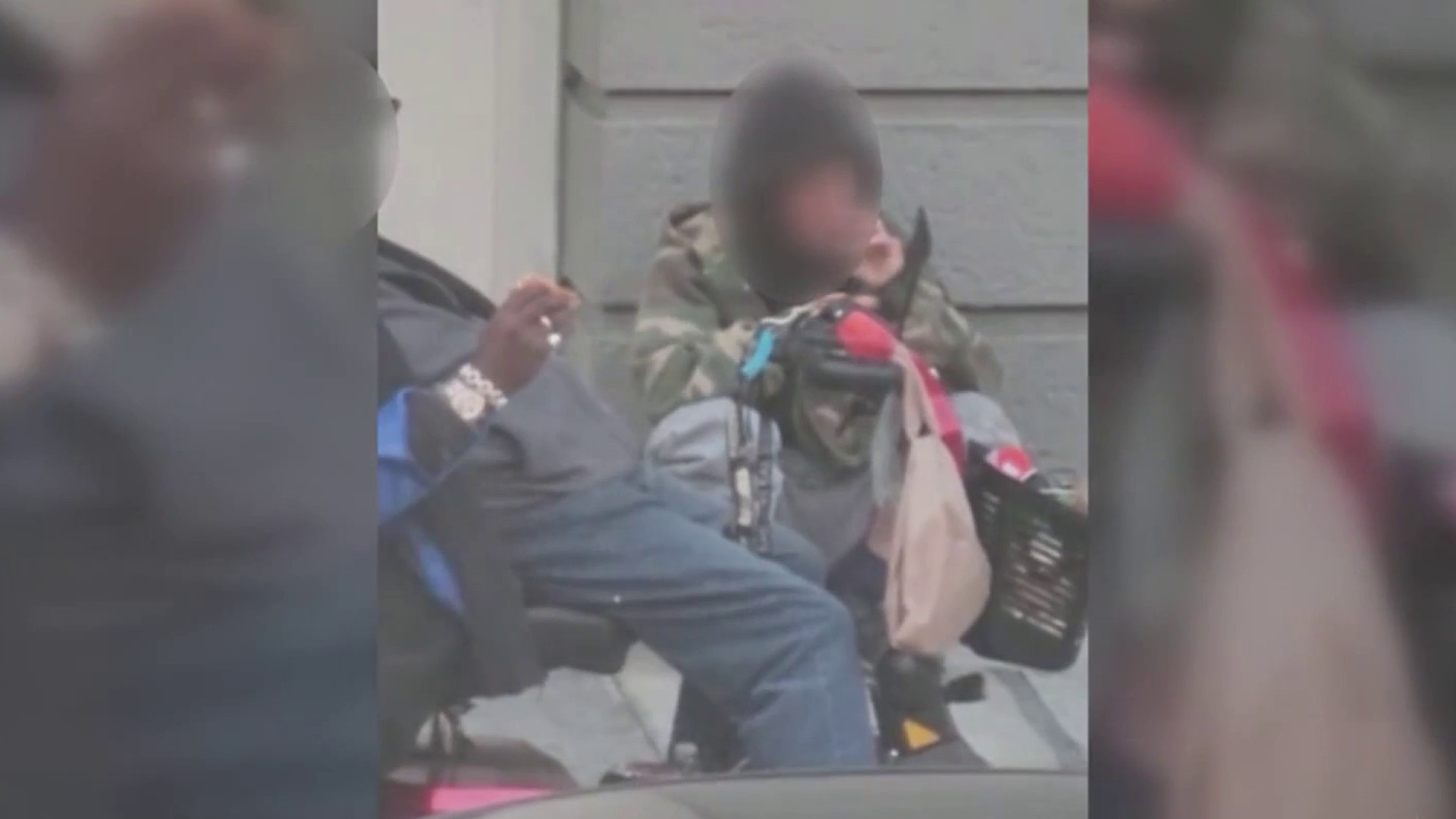South Bay and local Mexican officials discuss the rising deaths linked to fentanyl. Damian Trujillo reports.
The war on fentanyl is being fought on two fronts.
That was one of the key messages Thursday from local Mexican officials trying to stress what their country is doing to battle the opioid epidemic. The message comes amid growing fear that the fentanyl crisis will skyrocket with the arrival of summer.
"We worry that in that time we're going to see more use of fentanyl in our community," Santa Clara County Supervisor Cindy Chavez said.
Fentanyl deaths jumped 41% last month in Santa Clara County and officials report seven more overdose deaths have been recorded this month.
The District Attorney's Office said the fentanyl crisis is so bad that one local drug dealer even told his client to be sure he had Narcan on hand when he took the pill. Local Latino leaders said they are especially concerned after the latest numbers show Latinos account for the highest percentage of fentanyl deaths in Santa Clara County since 2019.
"It's really a concern for us and we're starting to spread the voice about the terrible impact of the consumption of pills," Consul General of Mexico Ambassador Alejandra Bologna said.
The Consul General of Mexico in San Jose said the consulate has constant educational talks about the crisis to ensure more Mexicans are aware of the dangers. Bologna said the second front of her country's war against fentanyl is with drug traffickers.
The consulate said it wants to clear any misconceptions that Mexico is not doing its part on that front. Bologna touts the Mexican marines' increased confrontations with drug cartels and the recent seizure of more than 6 tons of fentanyl-laced pills.
Get a weekly recap of the latest San Francisco Bay Area housing news. Sign up for NBC Bay Area’s Housing Deconstructed newsletter.
"Mexico is collaborating also with the United States to detain these traffickers," Bologna said. "But it's important also to focus on consumption and distribution here."
Fentanyl consumption is so worrisome that Chief Assistant District Attorney Jay Boyarsky issued a warning about taking pills of any kind.
"If it didn't come from their doctor or out of a prescription bottled, I would be concerned and I think everybody should be concerned," Boyarsky said.



